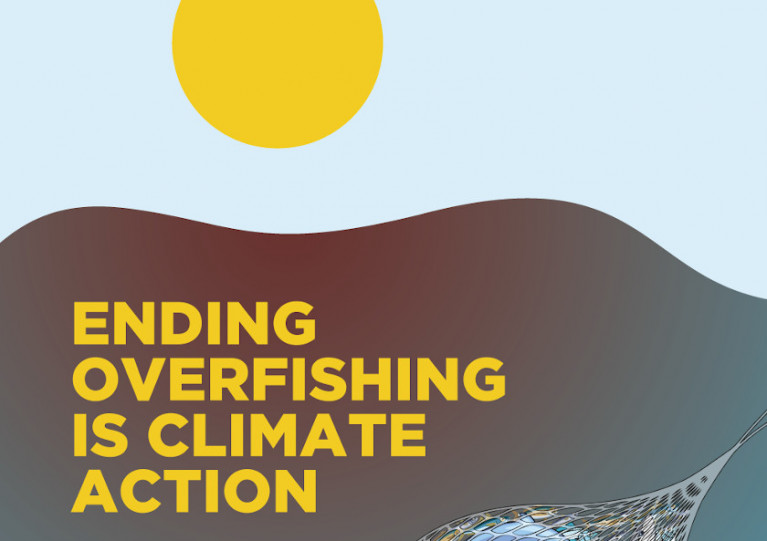Displaying items by tag: Our Fish
More Than 300 Scientists Sign Statement Urging EU To End Overfishing & Protect Ocean Health
Scientists from GMIT, NUI Galway, UCD, Trinity College, UCC and Queen’s in Belfast are among the signatories to a statement calling for an end to overfishing in European waters “as an urgent and necessary response to the biodiversity and climate crises”.
The message was delivered to EU Commissioner for the Environment, Oceans and Fisheries, Virginijus Sinkevičius this week as part of a statement signed by more than 300 scientists in support of the Our Fish campaign.
These experts urge the EU to set fishing limits within scientific advice and recognise that “ecosystem-based fisheries management is critical to the health of the ocean and its capacity to respond to climate change”.
“Overfishing and bycatch are the largest drivers of biodiversity loss in the ocean”, said Prof Alex Rogers, science director for research initiative REV Ocean. “We need a healthy and productive ocean, and ending overfishing is key.
“This is especially the case when faced with the effects of climate disruption, which affects the whole ocean, including fish stocks themselves.
“As a scientist, I am calling on the EU to recognise that ecosystem-based fisheries management is critical to the health of the ocean and its capacity to respond to climate change. It is also vital for human health, including that of future generations”.
Rebecca Hubbard, programme director of Our Fish, added: “Just like with our own health, if we continue to batter the ocean with overfishing, the whole system will weaken further, until it can no longer provide us with the life-support we need it for — oxygen, climate regulation, food and jobs.
“The EU must stop dragging its feet and take this clear and decisive action now, before it’s too late.”
The statement and its signatories can be read below:































































